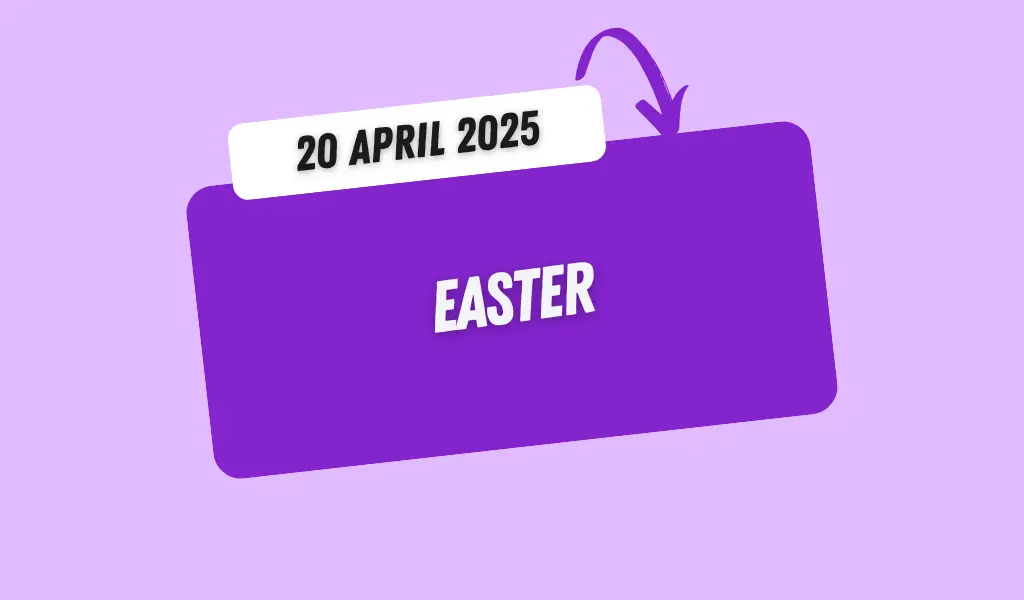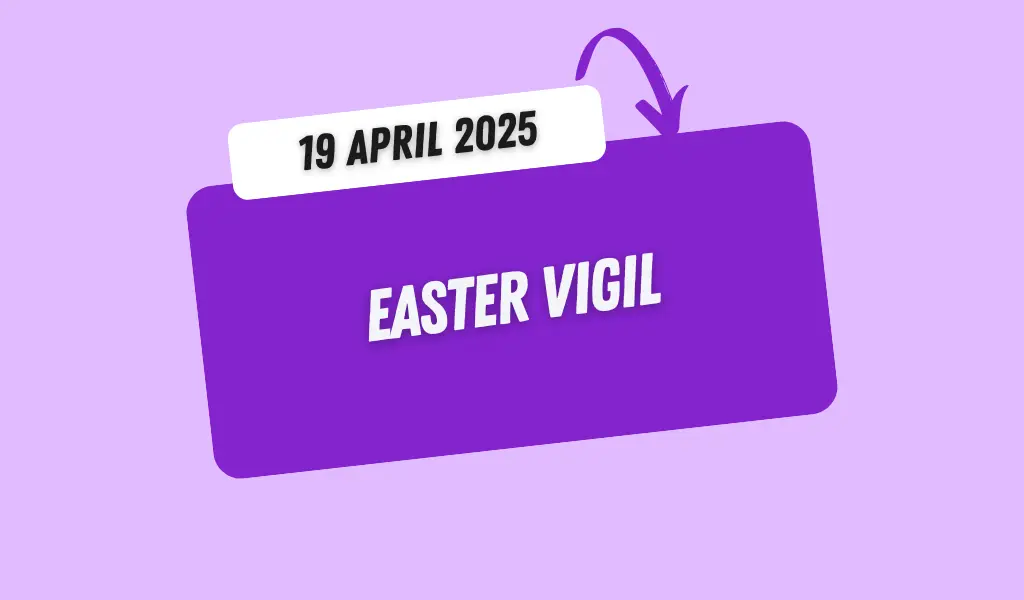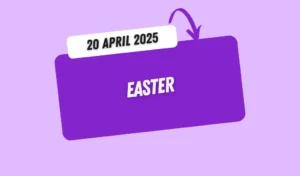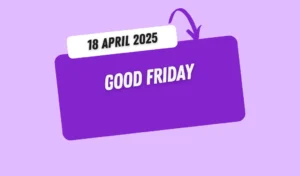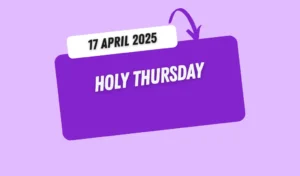Third Week of Lent
09th March 2024 (Saturday)
Psalter: Week 3
Reading of the Day
First Reading: Hosea 6:1-6
“Come, let us return to the Lord; for he has torn us, that he may heal us; he has struck us down, and he will bind us up. After two days he will revive us; on the third day he will raise us up, that we may live before him. Let us know; let us press on to know the Lord; his going out is sure as the dawn; he will come to us as the showers, as the spring rains that water the earth.” What shall I do with you, O Ephraim? What shall I do with you, O Judah? Your love is like a morning cloud, like the dew that goes early away. Therefore I have hewn them by the prophets; I have slain them by the words of my mouth, and my judgment goes forth as the light. For I desire steadfast love and not sacrifice, the knowledge of God rather than burnt offerings.
Psalm 51:3-4, 18-19, 20-21ab
R/. I desire steadfast love, and not sacrifice
Verse Before The Gospel
V/. Glory and praise to you, O Christ
R/. Glory and praise to you, O Christ
V/.O that today you would listen to his voice! Harden not your hearts.
R/. Glory and praise to you, O Christ.
Gospel : Luke 18:9-14
At that time: Jesus told this parable to some who trusted in themselves that they were righteous, and treated others with contempt: “Two men went up into the temple to pray, one a Pharisee and the other a tax collector. The Pharisee, standing by himself, prayed thus: ‘God, I thank you that I am not like other men, extortioners, unjust, adulterers, or even like this tax collector. I fast twice a week; I give tithes of all that I get.’ But the tax collector, standing far off, would not even lift up his eyes to heaven, but beat his breast, saying, ‘God, be merciful to me, a sinner!’ I tell you, this man went down to his house justified, rather than the other. For everyone who exalts himself will be humbled, but the one who humbles himself will be exalted.”
Daily Gospel Reflection
Highlight: The bottom line!
Guidelines: Humility is not just one of the many virtues but is the base and bottom line of all the other virtues. One who fails in humility fails in all
1. “Whoever exalts himself will be humbled and whoever humbles himself will be exalted”, so declares Jesus. Clearly, Jesus is teaching us the greatness of humility. He teaches us that only in humility do we find real greatness. Only those who are humble will be great in the sight of God and will be exalted
2. The parable of the Pharisee and the tax collector is a vivid description of this contrast between lack of humility and humility. The Pharisee represents the lack of humility and the tax collector, humility. The Pharisee is so self-righteous and haughty. Consequently, he fails to recognize his own human sinfulness and unworthiness before a holy God
3. There is a total unawareness of the holiness of God that must make us humble in His presence. Instead, he glorifies himself before God; he enlists some religious practices as proof of his holiness. Instead of surrendering Himself to God’s mercy, he elevates himself as if there is nothing to correct and change
4. Though he appears to thank God, it is in fact an indirect thanking himself. He is presumptuous and complacent. He is so self-conceited that he becomes blind to his defects. He is covered by layers of the false self that rates itself as perfect and all better, holier, and greater than others
5. True to the teaching of Jesus elsewhere, he is a real hypocrite who sees the speck in the other’s eye but does not see the log in his own eye. To the extent he labels, degrades, and despises others as thieves, rogues, adulterers, and good for nothing, he fails thoroughly in charity and benevolence toward others. He does not recognize and respect others’ dignity
6. The end results are clear: the Pharisee is rejected by God who is displeased with him. But the tax collector is accepted and blessed and rewarded by God who is highly pleased with his humble heart. God does not look at what position we stand on but with what heart we stand before Him.
Practice: Self-pride and self-glory are the root causes of all evils. They make us blind to our imperfections and contemptuous toward others. Humility and charity are the antidotes


